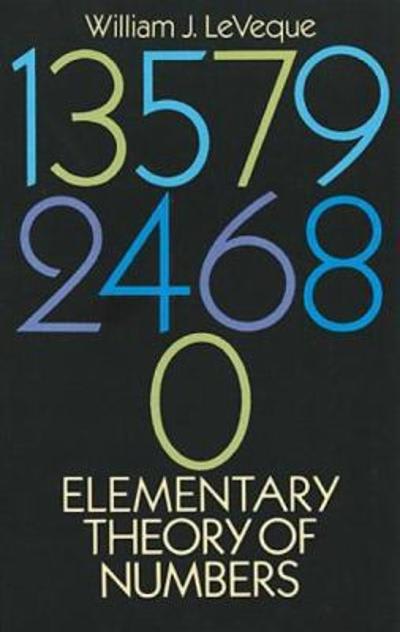Question
See attached for my question to Math 222 7.3.16 7.3.16 How many calories do you think you burn or expend with 60 minutes of walking

See attached for my question to Math 222 7.3.16  7.3.16 How many calories do you think you burn or expend with 60 minutes of walking on the treadmill? An article that appeared in the American Journal of Men's Health (2010) presented the results of a study conducted by researchers Harris and George, whose objective was to evaluate how accurately men can estimate their energy expenditure (EE) as measured in kilocalories (kcal). 100 normal-weight and overweight male participants, ages 21-45 years, were recruited from a large, urban university in South Florida. During one session, each participant was made to walk for 60 minutes on a treadmill, and their actual EE was calculated. After they had completed the task, each participant was asked to estimate the number of calories they burned during the task. Here are some summary statistics. Sample Sample Sample size average (kcal) SD (kcal) Estimated 100 xe = 370 se = 455.1 Actual 100 xa = 244 sa = 40.2 Difference = 100 Estimated - Actual xd = 126 sd = 354.2 Don't show me this message again for the assignment Your answer is incorrect. Try again. Use the Theory-Based Inference applet to carry out a test for two independent means. Report the standardized statistic and p-value for this test. Round the test statistic to 2 decimal places, e.g. 5.83, and the p-value to 4 decimal places, e.g. 0.0583. t= , p-value = Don't show me this message again for the assignment Link to Text Your answer is incorrect. Try again. Use the Theory-Based Inference applet to carry out a test for two paired means. Report the standardized statistic and p-value for this test. Round the test statistic to 2 decimal places, e.g. 5.83, and the p-value to 4 decimal places, e.g. 0.0583. t= and the p-value is Don't show me this message again for the assignment Link to Text Your answer is incorrect. Try again. The analysis you conducted in parts (a) is \"wrong\" since the data are paired. What do your results suggest about the effectiveness of pairing in this study? This suggests pairing was not effective at narrowing the focus of the study and drawing useful conclusions. This suggests pairing was not effective at reducing variability and improving strength of evidence against the null hypothesis. This suggests pairing was effective at narrowing the focus of the study and drawing useful conclusions. This suggests pairing was effective at reducing variability and improving strength of evidence against the null hypothesis
7.3.16 How many calories do you think you burn or expend with 60 minutes of walking on the treadmill? An article that appeared in the American Journal of Men's Health (2010) presented the results of a study conducted by researchers Harris and George, whose objective was to evaluate how accurately men can estimate their energy expenditure (EE) as measured in kilocalories (kcal). 100 normal-weight and overweight male participants, ages 21-45 years, were recruited from a large, urban university in South Florida. During one session, each participant was made to walk for 60 minutes on a treadmill, and their actual EE was calculated. After they had completed the task, each participant was asked to estimate the number of calories they burned during the task. Here are some summary statistics. Sample Sample Sample size average (kcal) SD (kcal) Estimated 100 xe = 370 se = 455.1 Actual 100 xa = 244 sa = 40.2 Difference = 100 Estimated - Actual xd = 126 sd = 354.2 Don't show me this message again for the assignment Your answer is incorrect. Try again. Use the Theory-Based Inference applet to carry out a test for two independent means. Report the standardized statistic and p-value for this test. Round the test statistic to 2 decimal places, e.g. 5.83, and the p-value to 4 decimal places, e.g. 0.0583. t= , p-value = Don't show me this message again for the assignment Link to Text Your answer is incorrect. Try again. Use the Theory-Based Inference applet to carry out a test for two paired means. Report the standardized statistic and p-value for this test. Round the test statistic to 2 decimal places, e.g. 5.83, and the p-value to 4 decimal places, e.g. 0.0583. t= and the p-value is Don't show me this message again for the assignment Link to Text Your answer is incorrect. Try again. The analysis you conducted in parts (a) is \"wrong\" since the data are paired. What do your results suggest about the effectiveness of pairing in this study? This suggests pairing was not effective at narrowing the focus of the study and drawing useful conclusions. This suggests pairing was not effective at reducing variability and improving strength of evidence against the null hypothesis. This suggests pairing was effective at narrowing the focus of the study and drawing useful conclusions. This suggests pairing was effective at reducing variability and improving strength of evidence against the null hypothesis
Step by Step Solution
There are 3 Steps involved in it
Step: 1

Get Instant Access to Expert-Tailored Solutions
See step-by-step solutions with expert insights and AI powered tools for academic success
Step: 2

Step: 3

Ace Your Homework with AI
Get the answers you need in no time with our AI-driven, step-by-step assistance
Get Started


